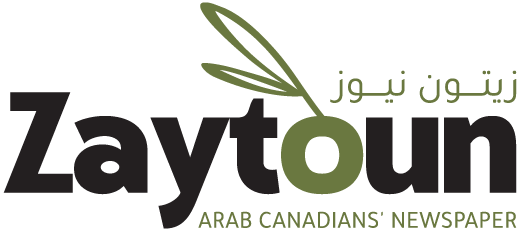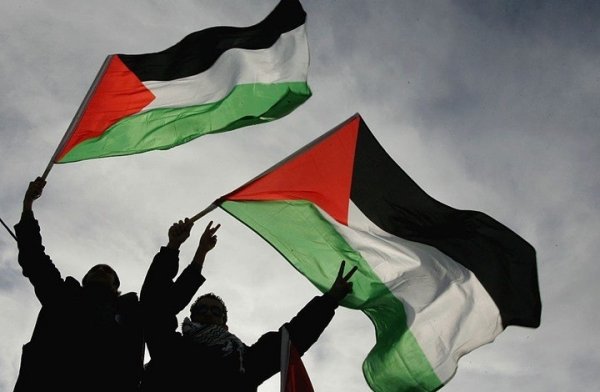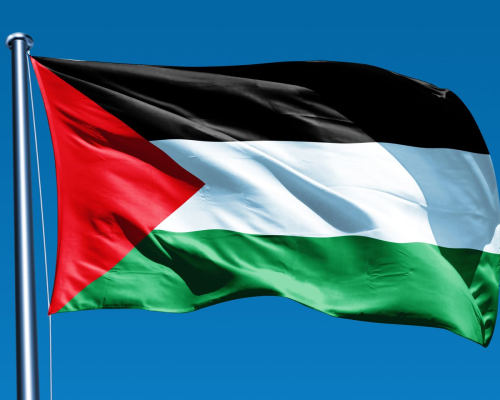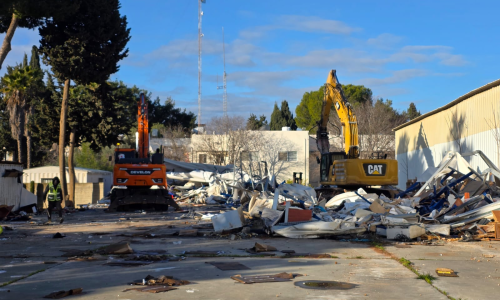By Taghreed Saadeh
What is happening in Palestine is not only a conflict with occupation; rather, it is a complex game in which local politics intersect with regional and international strategies. This reality imposes on the Palestinian people the need to confront not only the Israeli military occupation but also media control, political polarization, and the manipulation of public awareness.
One of the issues that has sparked widespread controversy and deep questions is what some Hebrew newspapers revealed about the falsification or manipulation of public opinion polls in Palestine. Investigations showed that some Palestinian centers, which are supposed to represent Palestinian society, altered their results in favor of Hamas, raising concerns that the poll results do not accurately reflect popular reality but are instead used as a tool to shape public awareness.
This systematic manipulation allows for the construction of a guided political image, the promotion of certain forces or figures at the expense of others, and the indirect control of Palestinian public opinion, making it essential to approach every so-called “opinion poll” with caution.
Furthermore, the use of media as a tool to shape public opinion has become evident over the last two decades. The focus on specific organizations such as Hamas for support, while attacking others like Fatah, has created a distorted image of reality.
The media also contributes to simplifying events and presenting them within specific narratives, making it difficult for the ordinary citizen to distinguish between reality and directed analysis. Crises are managed as if part of a calculated plan to conceal truths or reorganize influence.
Hamas is not merely a resistance organization confronting the occupation; it is part of a broader regional political project linked to the Muslim Brotherhood, which became evident since the Arab Spring. This project receives direct and indirect support from regional and international powers, including the United States and Israel, which see the continuation of the organization as a tool to control Palestinian reality.
The continuous financial support from the occupation, despite the blockade, reflects that Hamas is an instrument within this political balance.
The organization is well aware of its position within the regional project, yet media and opinion polls present it as a purely resistance movement to justify the continuation of its authority in Gaza.
The new Syrian experience provides a clear model of the impact of external support in sustaining Islamic systems that are unpopular domestically. The current Syrian regime regained power through external support, not through free elections, with complete control over media and the arts, leading to the disappearance of any public criticism. This is somewhat similar to what is happening with Hamas, where the organization’s political and media legitimacy is maintained despite internal conflicts and the humanitarian crises it has created in the Strip.
Military confrontation alone does not determine the outcome of the conflict; cognitive warfare is equally decisive. Research centers, opinion polls, and media are used to justify the survival of certain organizations or to support a specific political project under the banner of resistance. Therefore, it is crucial to critically analyze everything presented, and not to be deceived by direct messages on social media or through the media, as all of these are tools to guide public opinion and legitimize the continuity of certain powers at the expense of others.








